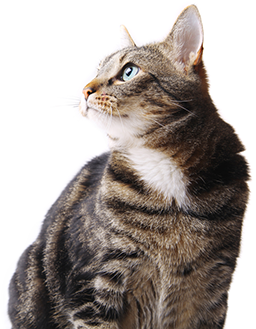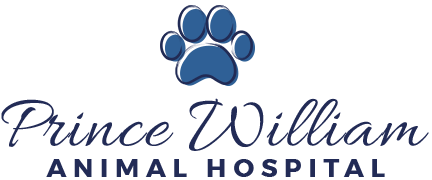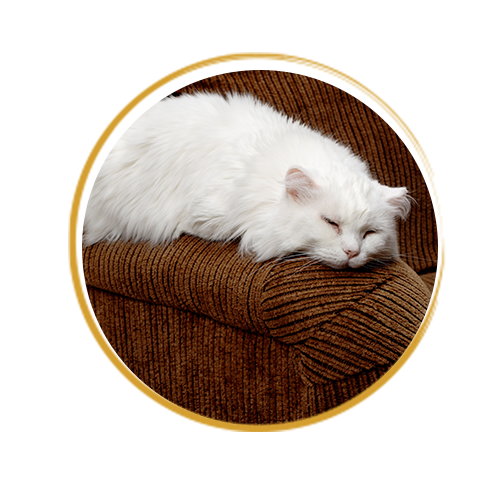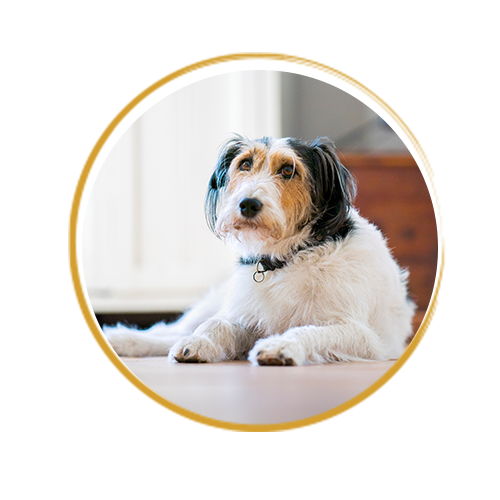Providing Surgery for Dogs and Cats in Manassas, VA
Your pet’s safety is our number one priority when they see us for a surgical procedure. At Prince William Animal Hospital, we take all the necessary precautions to ensure safety, minimal discomfort, and an uneventful recovery for your dog or cat. We also make a point to provide you with all the information you need about your pet’s surgery so you understand exactly what their procedure entails, and have peace of mind about entrusting them to our skilled veterinary team.
Surgeries We Perform
- Spay/neuter
- Mass Removals
- Cryptorchid neuter
- Scrotal ablation
- Dental cleaning and extractions
- Blocked cat
- Amputation
- Cystotomy
- Ear Hematoma repair
- Entropion
- Enucleation
- Extracapsular repair
- Exploratory surgery
- Eyelid tumor removal
- Foreign Body Removal
- Gastropexy
- Gastrotomy
- Hernia Repair
- Mastectomy
- Cherry Eye Repair
- Pyometra
- Splenectomy
- Biopsy of both skin/ masses that have been removed.
- Ultrasound
Is Anesthesia Safe for My Pet?
General anesthesia is safer than ever for dogs and cats, especially for older, more vulnerable pets. Here is what we do to minimize risk:
We thoroughly examine every pet before their surgery to check for outward signs of trouble.
We also recommend blood testing for many of our patients, especially seniors and pets with chronic health problems. Blood work helps us assess the liver and kidneys, which allow pets to metabolize the anesthesia and flush it out of their system.
The amount of anesthetic your pet receives during their surgery depends on various factors, including their size, age, and overall condition, and will be adjusted as needed throughout the procedure. For additional support, we can also provide IV fluids to help pets with minor issues handle the anesthesia.
To further reduce the risk of complications during surgery, your dog or cat must not eat anything after 8PM the night before their surgery. This is to prevent the risk of vomiting during and after the anesthesia. However, it is safe to give your pet water before their surgery.
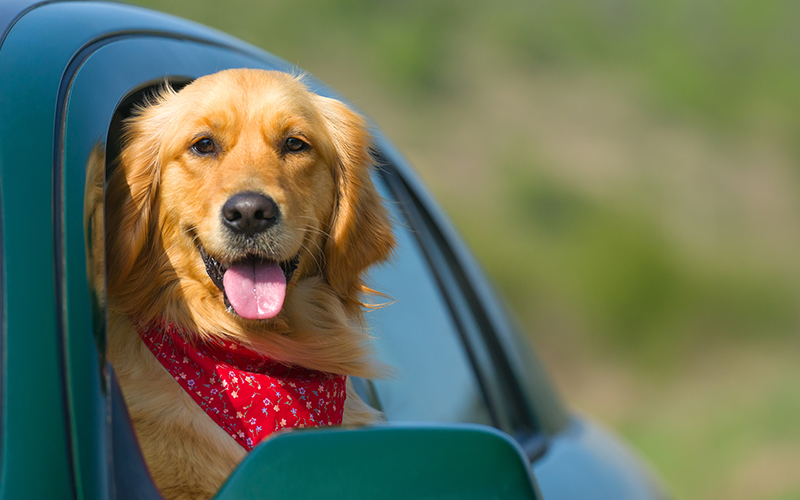
Will My Pet be in Pain After Surgery?
It is expected that your dog or cat will feel some discomfort after their surgery. To keep their pain to a minimum, we provide medication before, during, and after surgery. This includes oral anti-inflammatory medication for post-op care in dogs, and liquid medication for cats. We are limited in what we can offer cats due to their low tolerance for many different medications, but we do have options to make their recovery more comfortable.
We Offer Laser Therapy to Reduce Post-Op Pain in Dogs and Cats
Laser therapy is an excellent pain relief alternative for pets. Immediately following your pet’s surgical procedure, we can provide laser therapy treatment to speed up the healing process and reduce pain and swelling.
